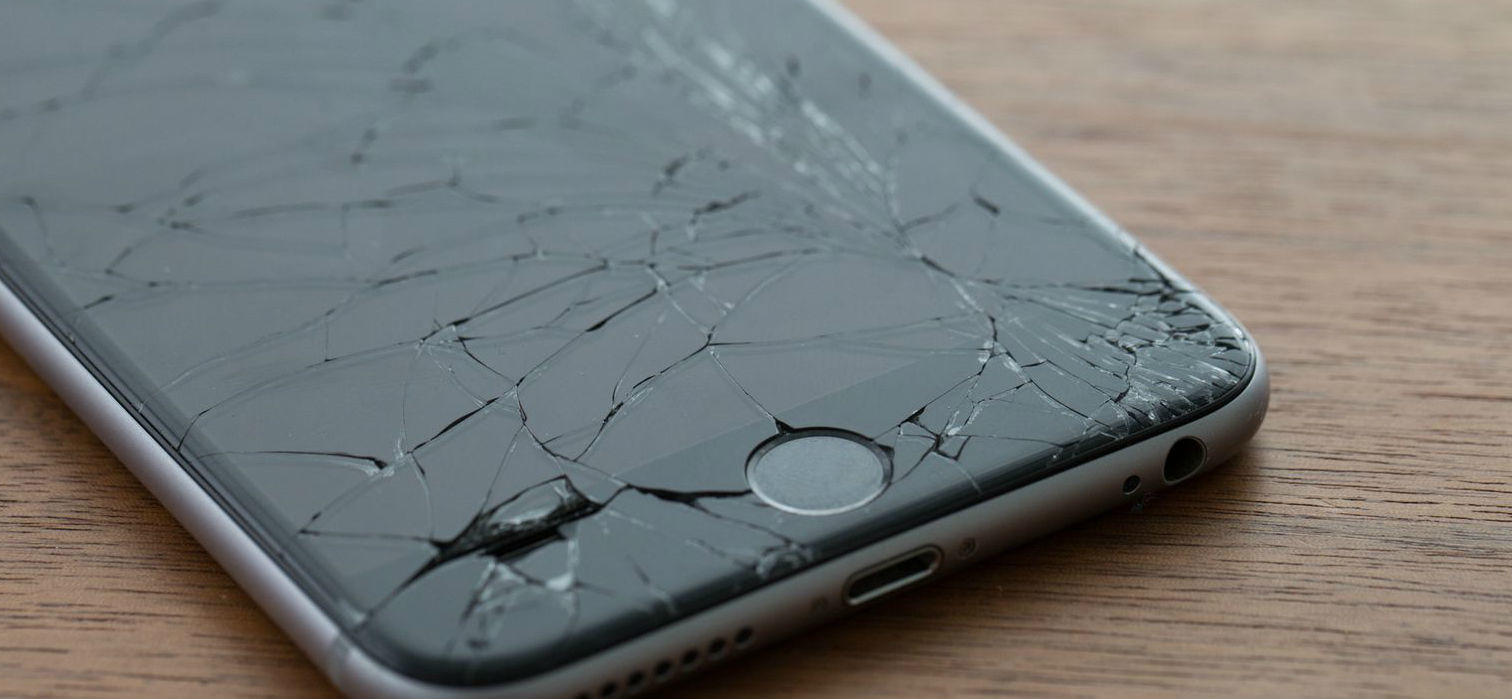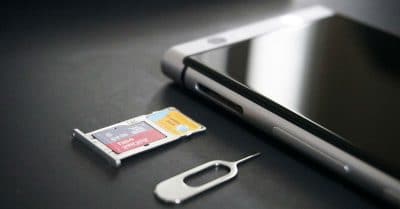Broken Phone on Contract – Where Do I Stand?
This is a bit of a tough one, but there are options… if you get a mobile on a two-year contract you’d sort of expect that your phone would be protected in some way, right? However, that’s not always true. We’re going to be honest and say that in many cases you’re going to end up buying a new phone out of your own pocket, but there are some things that you might want to try first.
Try Warranty First
Our first question is whether or not you have an extended warranty? You’ve got an iPhone and Apple generally only give a twelve-month guarantee for their products (and since you’ve had your phone for fourteen months, you would be out of luck). But if you purchased their extended guarantee then you should still be covered, in which case you can contact Apple customer support to deal with your issue (you’ll need to find that paperwork concerning the extended guarantee before you call though). Similarly, for anyone else reading this, most major manufacturers offer a warranty or extended warranty policies, so whatever your brand of mobile you should check this out first.
Other Simple Options
Also – did you take out any insurance? You might have purchased the insurance that T-mobile offered you with your contract. If you did, this may or may not cover your problem, you’ll need to call them and find out. Check out your insurance paperwork for the appropriate number to call. Even if you didn’t opt for your operator’s insurance, you might find that your mobile is covered under another policy (check out your home contents insurance, and also ask your credit card company and the bank who often automatically offer mobile insurance). Again, your phone may or may not be covered for malfunction (as opposed to accidental damage, for example), but it’s definitely worth checking before you start trying to fight your network operator for a replacement.
You should also drop by your local EE / T-mobile branch and talk to someone. In many cases operators offer to repair or replacement services, those these are unlikely to be completely free of charge. They will be cheaper than getting a new handset though, not to mention less hassle than spending hours on the phone with customer service.
Your Legal Options
If those above prove fruitless you might be able to go down the legal route. There are two consumer protection laws that you can try to use to argue your case. These may or may not result in you getting a replacement phone. Initially, you can try arguing your case with these laws at a physical EE shop, though you probably won’t find the expertise there that you’re looking for. Your best bet is to run the customer service gauntlet and get passed up the call centre chain of command until you speak to someone that knows what you’re talking about.
The first law is known as the Sale of Goods Act 1979. This act specifies that anything you buy has to be “fit for purpose” and “of satisfactory quality,” and allows you to ask for replacement goods for up to six years after a purchase is made. The problem with this is that the act only covers faults (after six months from the purchase being made), and not your general everyday wear and tear, and you’re going to have to prove that your phone is bust because of a mechanical fault and not because you’ve been using it every day for the last fourteen months. As you can imagine, that’s pretty tough to do.
Your second option is to argue the EU Directive 1999/44/EC, a European law that guarantees consumers a two-year warranty on any consumer goods bought within the EU. You’re not required to show that you weren’t at fault, which means it could be easier to argue this directive than the Sale of Goods Act, but the downside is that the directive is unfamiliar to a lot of companies. That means that you’re going to need to get a legal savvy call centre worker (or mobile store manager) to argue your case with.
Trying to argue a legal case with your operator can get complicated, and it’s not going to be worth your time started a lengthy legal battle over a phone (at that point just use those solicitor’s fees to buy a new mobile), but some operators will negotiate with you and maybe even replace your phone.
When all else fails, call customer service, be polite and calm when explaining the problem, and see if some kind of arrangement can be made. You might end up paying some kind of fee, but most networks are willing to accommodate good customers and take problems on a case by case basis.




